Discovering the Rich Sounds of the Darbuka
The darbuka, also known as the doumbek, is a versatile and iconic percussion instrument that has been a vital part of Middle Eastern and North African music for centuries. With its distinctive shape and vibrant sound, the darbuka adds depth and rhythm to a wide range of musical genres. In this comprehensive guide, we’ll delve into the history, construction, playing techniques, and cultural significance of the darbuka.
Tracing the Roots of the Darbuka
The origins of the darbuka can be traced back to ancient Mesopotamia, where it was used in various rituals and ceremonies. Over time, the instrument spread throughout the Middle East and North Africa, evolving and adapting to different cultures and musical traditions. Today, the darbuka is synonymous with the rich musical heritage of the region and is widely used in traditional and contemporary music alike.
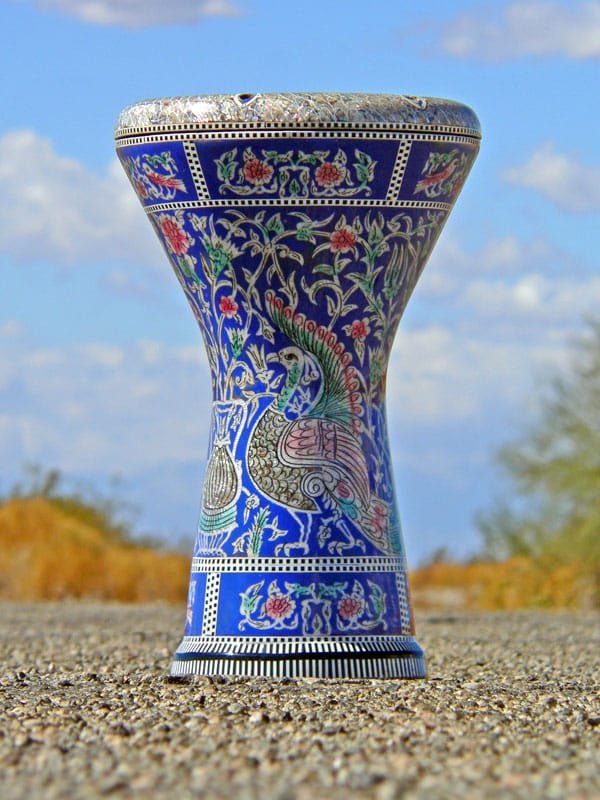
Understanding the Characteristics of the Darbuka
The darbuka is a goblet-shaped hand drum with a single head made of animal skin, typically fish or goat skin, stretched over a ceramic or metal shell. It is played by striking the head with the hands and fingers, producing a sharp, crisp sound. The size and shape of the darbuka can vary, with some models featuring intricate designs and decorations. Despite its simple construction, the darbuka is capable of producing a wide range of tones and dynamics.
Mastering the Art of Darbuka Playing
Playing the darbuka requires skill, precision, and a deep understanding of rhythmic patterns. The player typically holds the drum between their knees or under one arm and uses their hands and fingers to produce a variety of sounds and rhythms. Techniques such as doum (bass), tek (treble), and ka (slap) are used to create intricate patterns and accents, adding texture and depth to the music.
Exploring Its Cultural Significance
The darbuka plays a central role in the music and culture of the Middle East and North Africa. It is commonly used in traditional folk music, as well as in contemporary genres such as Arabic pop, fusion, and world music. The rhythmic patterns and melodic accents of the darbuka contribute to the vibrant and dynamic nature of the music, making it a beloved instrument among musicians and audiences alike.
Embracing the Legacy of the Darbuka
The darbuka’s timeless appeal lies in its ability to captivate listeners with its rich sounds and rhythmic intricacies. As a symbol of cultural identity and musical expression, the darbuka continues to inspire musicians and audiences around the world. Whether played in a traditional setting or as part of a modern ensemble, the darbuka’s unique voice adds depth, texture, and emotion to every musical performance.
If you’re interested in exploring these unique instruments and incorporating them into your musical journey, Oudandmoremusic.com offers a variety of options. As a reliable source, Oudandmore provides the highest quality Ouds Visit Oudandmoremusic.com today to elevate your musical experience and find your favorite instrument!

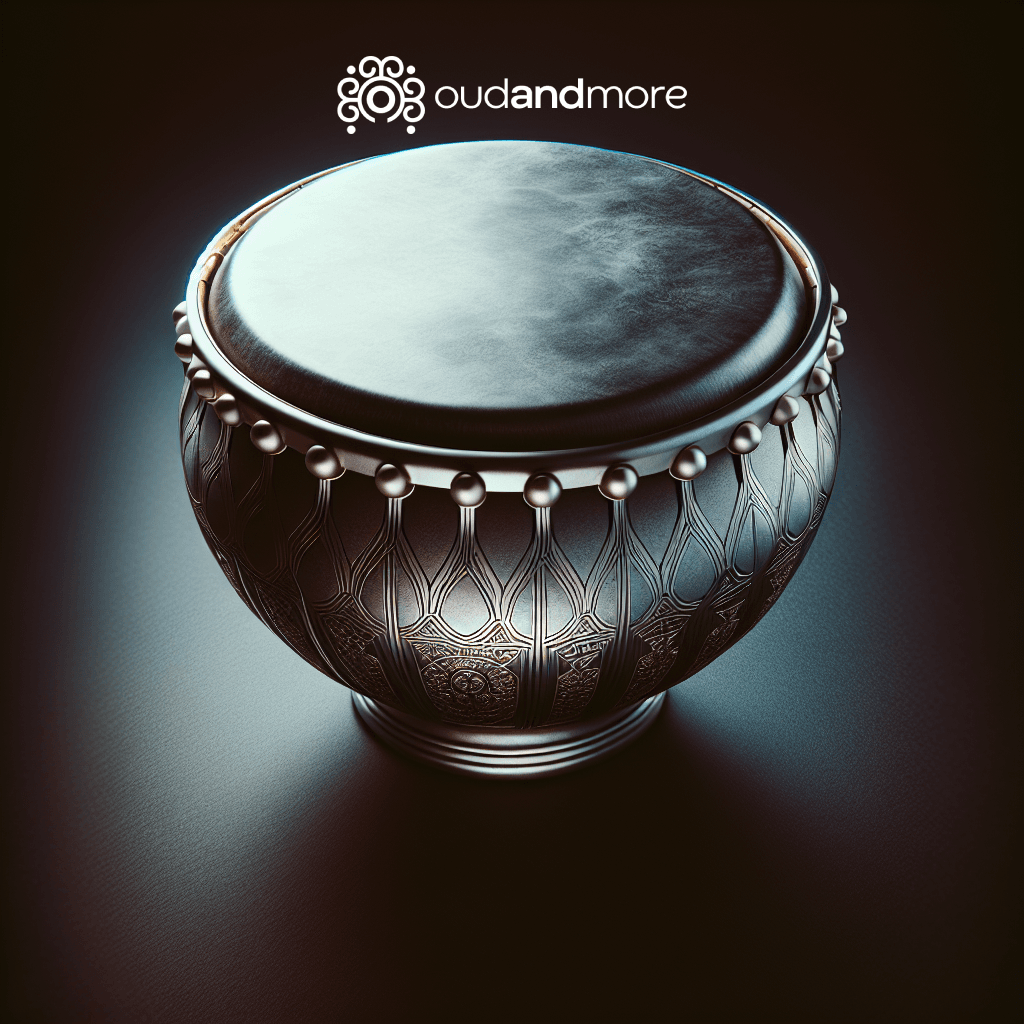
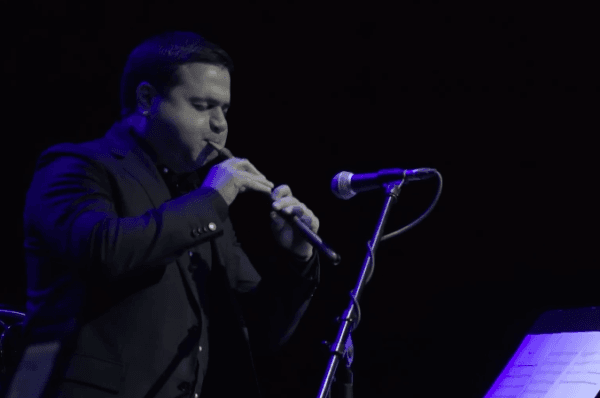
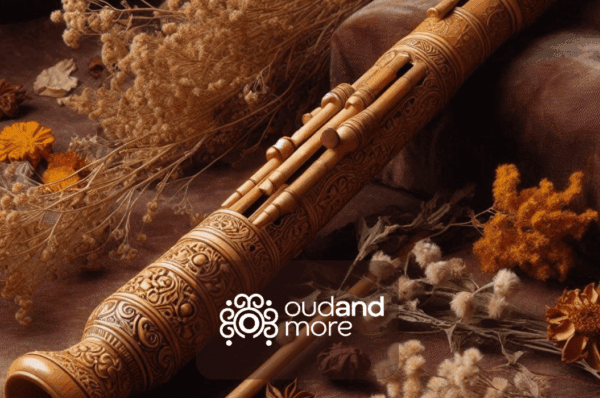
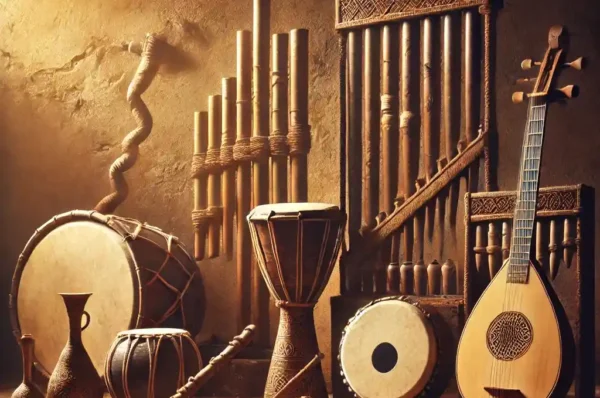
Comment (1)